
JUNGLE SCHOOL OF MEDICINE KAWTHOOLEI
MEDICAL CARE IN THE JUNGLE
In a narrow mountain valley with no roads, surrounded by tropical forest and whitewater rivers, in a 70-year conflict zone, FBR’s Jungle School of Medicine of Kawthoolei (JSMK) trains rural medics and treats patients from villages in the surrounding mountains.
Patients come for problems ranging from difficult pregnancies to persistent infections to landmine injuries. Some can be treated on the spot, others need longer-term follow-up, and a few require urgent evacuation to cities with modern surgical facilities. JSMK’s medics perform diagnostics and dispense treatment, while training students to take on increasing responsibilities in the provision of care.
TRAINING
JSMK’s 14-month course prepares health workers to treat illnesses and injuries among remote rural people, civilians, and soldiers affected by Burma’s civil war. Trainees are from marginalized populations in Burma and are mostly ethnic Karen due to the location of the campus in Karen State and the fact that most patients who come are thus Karen-speaking. The curriculum is shaped by patient care experiences, where students learn to manage the problems and diseases encountered in Karen State.
Lessons are based on presenting problems such as diarrhea, cough, edema, skin complaints, etc. Teams of students rotate weekly through in-patient and out-patient responsibilities and are supervised by JSMK staff. Second-year students are given additional patient care responsibilities and also have the choice to attend classes. Visiting doctors and nurses provide additional lectures and teaching sessions in the clinic. JSMK staff spend most of their time treating patients and supervising new students.
MEDICAL CARE
The average patient walks approximately four days to get to JSMK. Sicker patients arrive by ‘bambulance:’ a hammock strung on a bamboo pole carried by loved ones. Some of these patients have late-stage tumors, congenital heart disease, hydrocephalus, or gynecologic problems. JSMK also manages surgical emergencies such as ectopic pregnancy. The inpatient department has 12 beds which are often full.
We continue to host small surgical teams and recently had our first volunteer physician travel with our medics and team to provide frontline surgical care in Karenni State.
Despite its remote, off-grid location, JSMK offers a variety of ancillary and diagnostic services, including ultrasonography, x-rays, simple laboratory testing for hematocrit, urinalysis, pregnancy testing, blood typing and crossmatching, sedimentation rate, and rapid diagnostic testing for malaria, HIV, and hepatitis B.
Microscopy can test for malaria, tuberculosis, white cell count, hemoglobin (qualitative), manual counting of white blood cells and platelets, and gram stain EKG.



